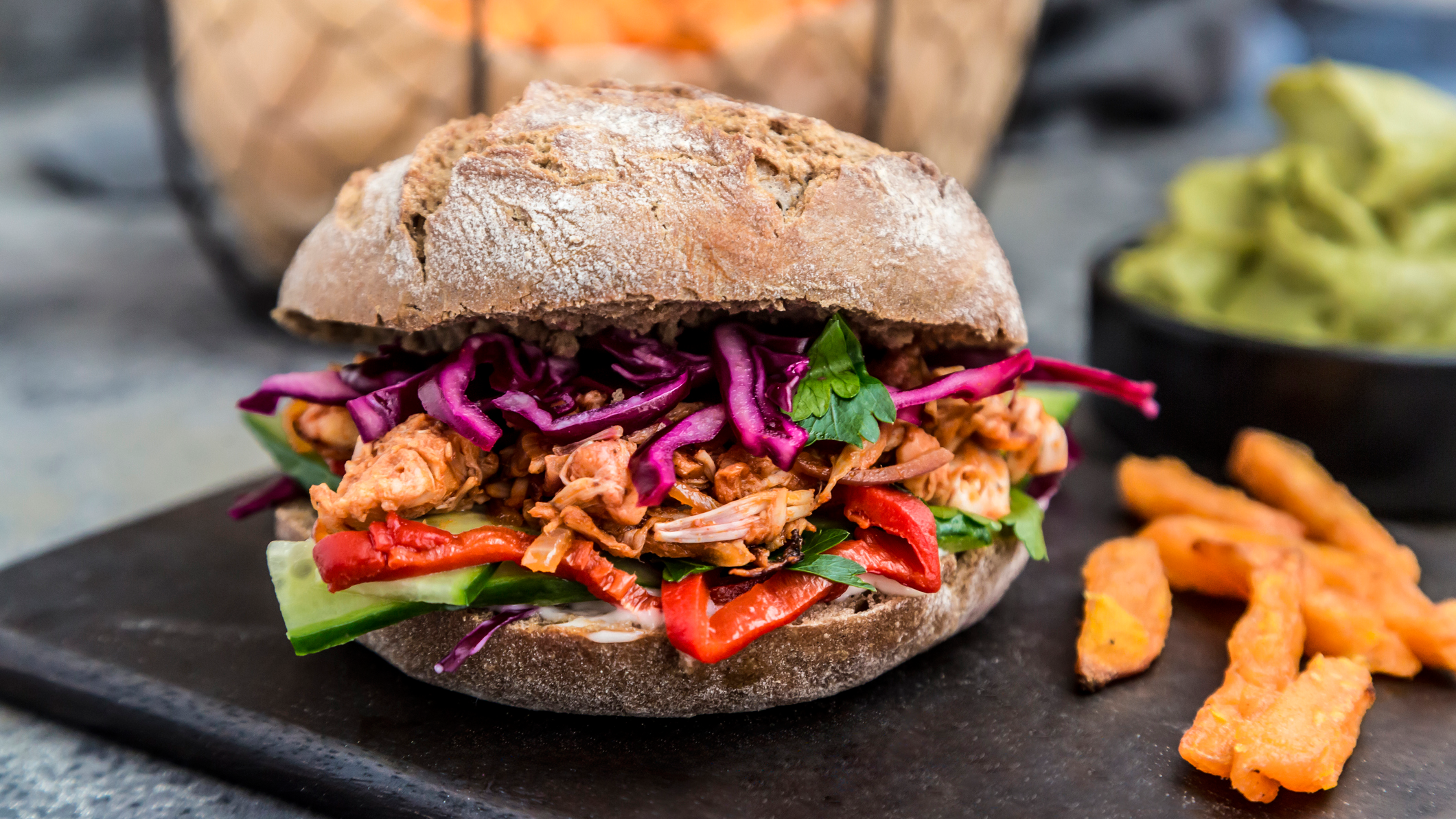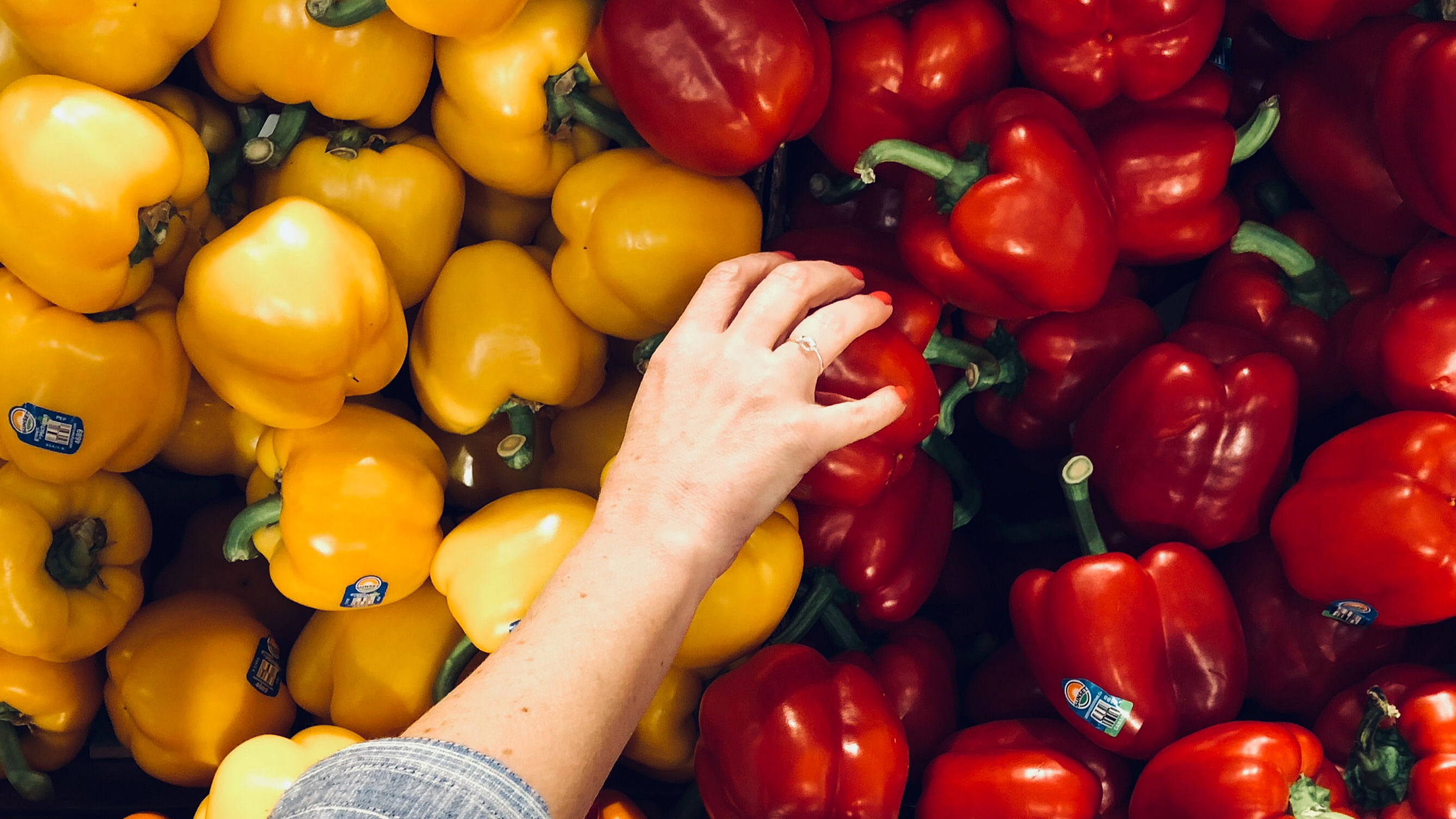Healthy eating: Why part-time vegetarians & vegans stay slim as they age
Here's why a couple of meat-free days a week can help you lose weight and eat healthy in later life


At their core, vegetarianism and veganism are all about people cutting entire food groups out of their diet. It doesn't matter whether you follow them for environmental, health or animal cruelty concerns: cutting out meat and dairy are the strict rules of these dietary regimes.
However, there's plenty of people who adhere to "flexitarianism", committing to one or more meat-free days a week to reduce meat consumption.
Not only is this better for the planet, but a new study shows even a part-time vegetarian diet prevents obesity in middle and old age - so if you've been considering giving it a try, now might just be the perfect time to invest in one or two of the best vegan cookbooks.
- PLUS: Best grill for your kitchen
Researchers from Erasmuc MC Rotterdam in the Netherlands analysed varying degrees of plant-based diet and body development in almost 10,000 middle-aged and elderly adults as part of a landmark ongoing population study. The researchers looked at body mass index (BMI), waist circumference and loads of other metrics from 2002 to 2016.
Over the course of those years, it was found participants who had higher scores on the plant-based diet index had a lower BMI and lower waist circumference over the long term. This was after adjusting for the effects of time of factors like education, socioeconomic background, and physical activity levels.
The message from this study was clear: if you adhere to a plant-based diet (even on a part-time basis), you're less likely to suffer from obesity in later life.

The researchers wrote: "Eating a plant-based diet to protect against obesity does not require a radical change in diet or a total elimination of meat or animal products. Instead, it can be achieved in various ways, such as moderate reduction of red meat consumption or eating a few more vegetables."
Start your week with achievable workout ideas, health tips and wellbeing advice in your inbox.
This is great news for people who want to create a healthier, greener diet without wanting to fully commit to vegetarianism or veganism. Eating meat three or four days out of seven, for example, would drastically increase your health in later life, reducing your risk of getting conditions like diabetes.
There's no need to go hungry, either: Scientists from the University of Aberdeen found vegetarian diets can be as effective as meat-based diets for appetite control during weight loss. We know high-protein diets encourage satiety, but the vegan diet used soy-based products to achieve the same effect.
Liked this?
Matt Evans is an experienced health and fitness journalist and is currently Fitness and Wellbeing Editor at TechRadar, covering all things exercise and nutrition on Fit&Well's tech-focused sister site. Matt originally discovered exercise through martial arts: he holds a black belt in Karate and remains a keen runner, gym-goer, and infrequent yogi. His top fitness tip? Stretch.
